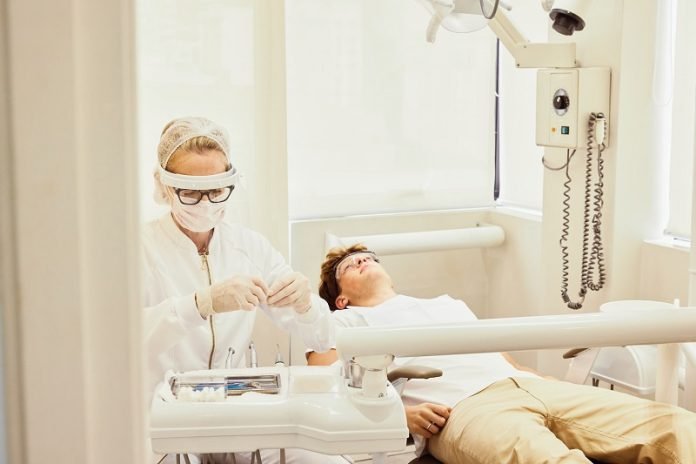
In a study from the UCL Institute of Health Informatics, scientists examined organ impairment in long COVID patients over 12 months.
They found that organ damage persisted in 59% of patients a year after initial symptoms, even in those not severely affected when first diagnosed with the virus.
The study focused on patients reporting extreme breathlessness, cognitive dysfunction, and poor health-related quality of life.
The team tested 536 long COVID patients. 13% were hospitalized when first diagnosed with COVID-19. 32% of the people taking part in the study were healthcare workers.
Of the 536 patients, 331 (62%) were identified with organ impairment six months after their initial diagnosis.
These patients were followed up six months later with a 40-minute multi-organ MRI scan (Perspectum’s CoverScan), analyzed in Oxford.
The team confirmed that 29% of patients with long COVID had a multi-organ impairment, with persistent symptoms and reduced function at six and twelve months.
59% of long COVID patients had single organ impairment 12 months after initial diagnosis.
A member of the research group, a Professor of Clinical Data Science at the UCL Institute of Health Informatics, said, “Symptoms were common at six and twelve months and associated with female gender, younger age, and single organ impairment.”
The study reported a reduction in symptoms between six and 12 months (extreme breathlessness from 38% to 30% of patients, cognitive dysfunction from 48% to 38% of patients, and poor health-related quality of life from 57% to 45% of patients).
Several studies confirm the persistence of symptoms in individuals with long COVID for up to one year.
The researchers now add that three in five people with long COVID have impairment in at least one organ, and one in four have impairment in two or more organs, in some cases without symptoms.
The underlying mechanisms of long COVID remain elusive.
The team says that future research must consider associations between symptoms, multi-organ impairment, and function in larger cohorts.
If you care about the pandemic, please read studies about new evidence on rare blood clots after COVID-19 vaccination, and new therapy from bananas may help treat COVID-19.
For more information about COVID, please see recent studies about four easy ways to reduce your risk of severe COVID-19, and results showing Omega-3 fatty acids may help reduce severe COVID-19.
The study was conducted by Professor Amitava Banerjee et al and published in the Journal of the Royal Society of Medicine.
Copyright © 2023 Knowridge Science Report. All rights reserved.



